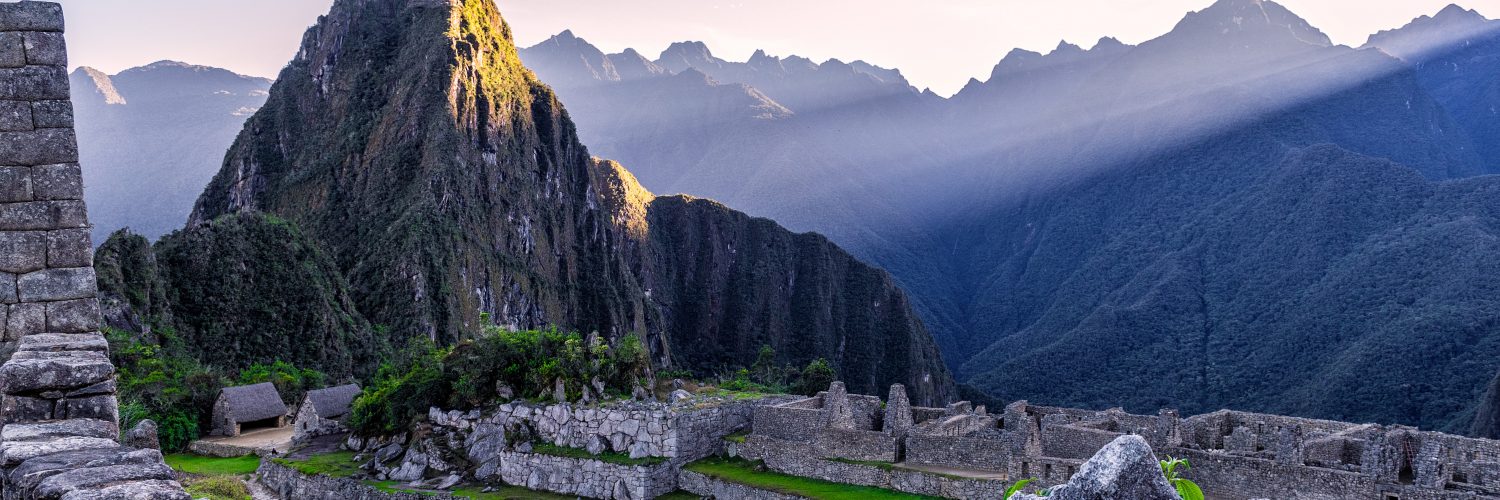Last fall, CBN reported on the University of Arizona expansion of a “micro-campus” program that sees the Tucson-based college planting flags down and making its mark in other parts of the world. The goal of the program is to bring the university’s studies, including engineering, business and law, to students across the globe. UofA is partnering with a number of other global schools and is now set to expand even more with two new campuses in Lima, Peru, and Reduit, Mauritius, a small island nation in the Indian Ocean.
The two new campuses will open this fall amid expansion of six other planned micro-campuses. How it works is a partner university provides a physical space for students who earn dual degrees from their local school and the University of Arizona. Academic programs are delivered in tandem between the schools and are co-taught by UA and local professors.
“Micro-campuses connect us with prestigious international universities, paving the way for collaborative research to help us tackle global challenges,” said UA president Robert C. Robbins, in a statement. “At the same time, we are able to offer leading-edge education to students across the globe, preparing them to succeed in a rapidly changing world.”
Students in these programs are able to shift between campuses involved in the micro-campus setup, meaning they can study at the UA main campus in Tucson or anywhere else within the university’s network of campuses, which includes options including Amman, Jordan; Jakarta, Indonesia; Phnom Penh, Cambodia, and Qingdao, China.
For the UA, this is all part of a plan to expand its global footprint at a fast clip. By 2025, the university plans to have 20 sites in total open throughout the world, playing host to around 10,000 students. Currently, there are 600 students enrolled in its micro-campuses, but this number is expected to jump significantly this year with the opening of eight total campuses.
A big get for those who enroll in UA’s micro-campuses is that it cuts costs significantly. Typically, a year of studying at the University of Arizona runs at about $55,000. When students choose to study online the cost goes way down; and the cost for micro-campus students mirrors that of online tuition bills.
The two new locations in Peru and Mauritius are being funded by the Thomas R. Brown Foundations, and rings up around $1 million, which will be split between the respective campuses. Things like course development, training and renovations for the current campuses are part of the funding.
For the Peru location, the UA will partner with the Universidad Peruana de Ciencias Aplicadas in Lima and offer undergraduate degrees in industrial engineering, communications, philosophy, economics, law, and business administration. For graduate programs, the school will offer up law degrees as well as entrepreneurship and industrial engineering.
In Mauritius, the University of Mauritius will play host and offer undergrad degrees in systems engineering and cyber operations, as well as a Master’s program in entrepreneurship.
















Add comment